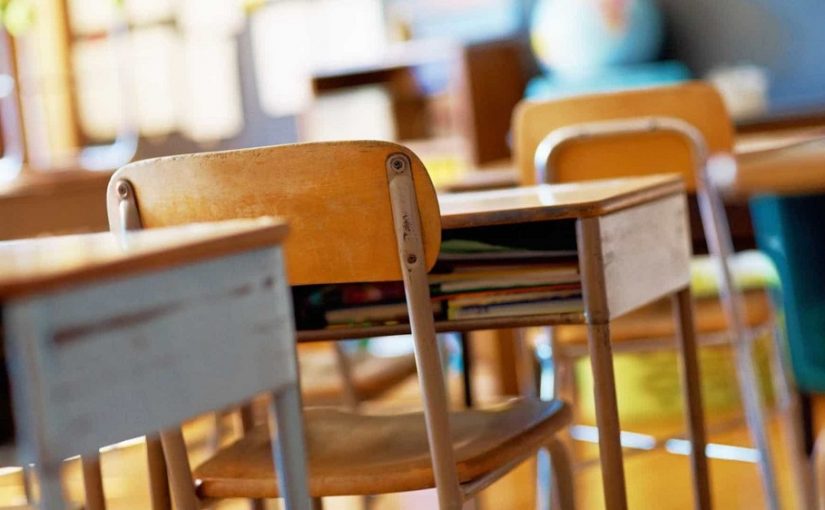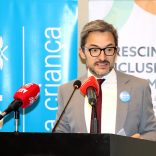Mozambique: Malaria kills 270 in five months, over 6M cases
CPLP: Unesco to partner in education development

File photo: Lusa
The minister of education of Angola, the country that has the rotating presidency of the Community of Portuguese Language Countries (CPLP), said in Lisbon on Thursday that Unesco would be one of the organisation’s partners in the development of education.
“The Angolan presidency intends to bring to the centre of the CPLP the participation and contribution of Unesco. We all know the value that Unesco has, as well as other United Nations bodies,” said Luísa Maria Alves Grilo at a press conference before the end of the Second Special Meeting of Education Ministers of the CPLP, which is being held on Thursday in person at the organisation’s headquarters in Lisbon, and by videoconference.
Therefore, Unesco “is working” with the CPLP and its Deputy Director-General for Education suggested in her speech at the ministerial meeting the need to work “together and multilateral cooperation in the field of education, especially focusing on curriculum and organisation for student mobility and the training of teachers”, stressed the minister.
“Above all, she spoke of the importance of rapprochement, the challenges we have, and the sharing of experiences that each of our has been experiencing and, who knows, improve the education systems more,” he added.
The opening session of the ministerial meeting included interventions from the Angolan education minister, as representative of the current presidency of the organisation, the executive secretary of the CPLP, Zacarias da Costa, and the Deputy Director-General of Education of the United Nations Educational, Scientific and Cultural Organisation (Unesco), Stefania Giannini.
The minister also said that Unesco’s involvement “always implies the possibility” of funding for the education plans that the nine CPLP member states are due to approve today.
“By joining synergies, we are proposing a commitment to our member states for the implementation of these actions, which always involve specialised human resources, but also important financial resources,” said Luisa Grilo.
But “the mobilisation of human resources involves all partners who want to join in” and “who may be available to do so,” she noted.
The Angolan minister said the fact that Unesco “is willing to “work and seek partners” and to “make specialists available to participate in the area of curricula is already a significant financial contribution.
Therefore, in today’s meeting, the minister said that the most important aspect was “the pooling of synergies”, among the CPLP member states”, but also others, with Unesco, for example.
In addition, she underlined “a will that exists, both from the point of view of the political authorities and the ministers of education”, to make “the community visible”, not only in the “nine countries but also at an international level”.
“Exactly why we want the CPLP to become an important element in the United Nations, particularly in Unesco,” she said.
“[By] bringing Unesco to the CPLP, we intend to strengthen our position with this entity, which deals with issues of science and education,” stressed Luísa Maria Alves Grilo, who added: “To keep helping us to improve, increasingly our curricula and the challenges of structuring our schools.”
Another issue that was also debated was “the recovery of lost learning” because of the Covid-19 pandemic, she said.
“What we are trying to propose here is a contingency plan within the community for education in emergency contexts (…), so that we can prepare for future situations,” concluded the Angolan education minister.
The nine CPLP member states are Angola, Brazil, Cabo Verde, Guinea-Bissau, Equatorial Guinea, Mozambique, Portugal, Sao Tome and Principe and Timor Leste.












Leave a Reply
Be the First to Comment!
You must be logged in to post a comment.
You must be logged in to post a comment.